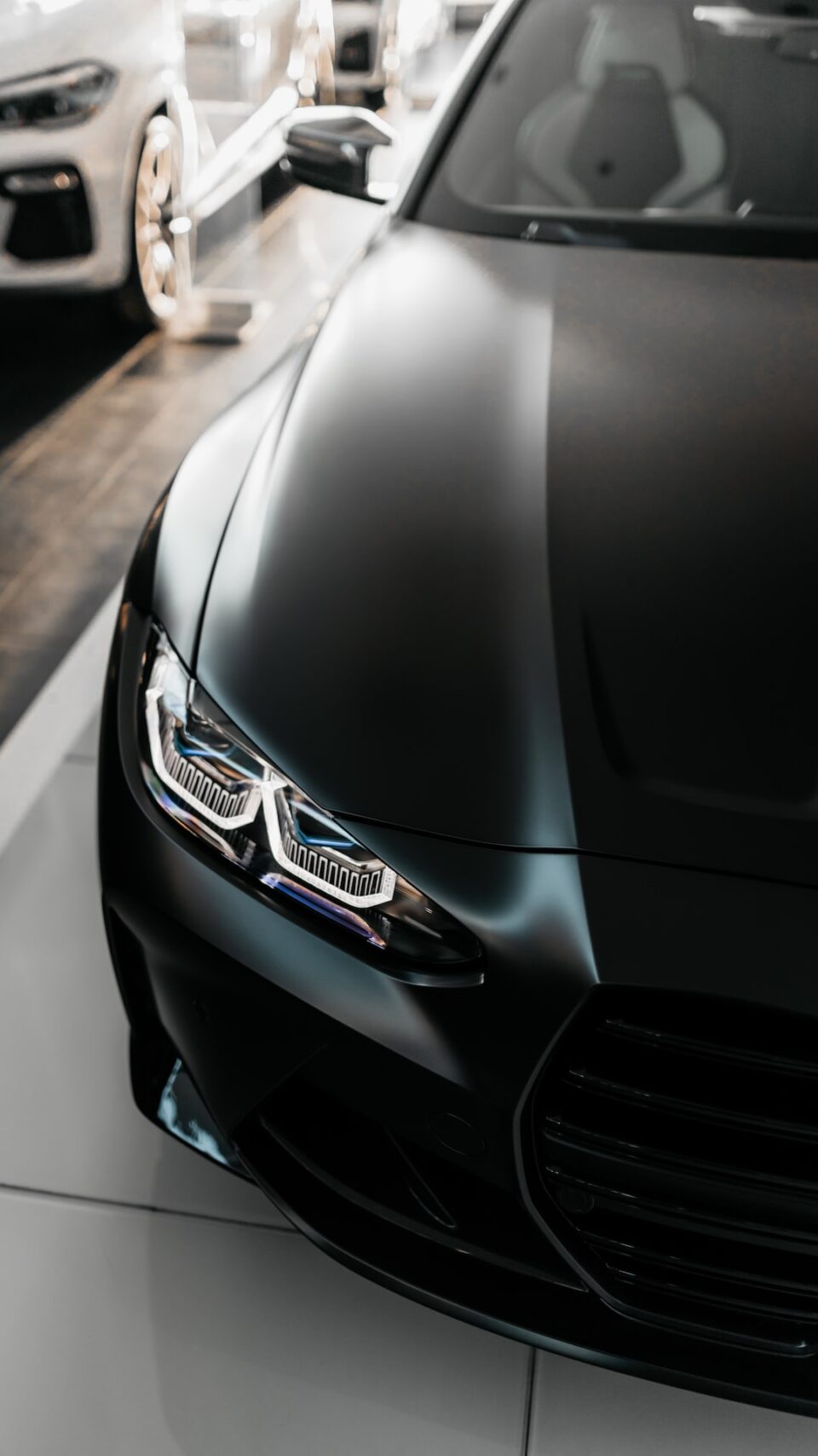Different Types of Car Engines and Their Characteristics
When it comes to automobiles, the engine is considered the heart and soul of the vehicle. With advancements in technology, there are now several types of car engines available in the market. Each engine has its own unique characteristics that cater to specific needs and preferences of drivers. In this blog post, we will explore the different types of car engines and their features.
1. Internal Combustion Engine (ICE)
The internal combustion engine is the most common type of engine found in cars. It operates by burning fuel inside the cylinders to create power. There are two main variations of ICE: gasoline (petrol) and diesel.
a. Gasoline Engine: Gasoline engines are widely used in passenger cars due to their smooth operation and high efficiency. They burn gasoline to power the vehicle and are much quieter compared to diesel engines. Gasoline engines also have higher rev limits, offering a thrilling driving experience for enthusiasts.
b. Diesel Engine: Diesel engines, on the other hand, are more fuel-efficient compared to gasoline engines. They rely on the compression of air to ignite the fuel, resulting in better mileage. Diesel engines are commonly found in heavy-duty trucks and commercial vehicles due to their durability and ability to haul heavy loads.
2. Hybrid Engine
Hybrid engines combine the power of both an internal combustion engine and an electric motor. They are designed to reduce fuel consumption and pollution by utilizing batteries to power the vehicle during low-speed city driving. The internal combustion engine comes into play when more power is required or when the battery needs recharging. Hybrids are known for their excellent fuel efficiency and reduced emissions, making them an environmentally friendly choice.
3. Electric Engine
Electric engines, also known as electric motors, are powered solely by electricity. They use a large battery pack to store and deliver power to the motor, eliminating the need for traditional fuel. Electric engines offer instant torque and smooth acceleration, providing a quiet and thrilling ride. Electric vehicles (EVs) are gaining popularity due to their zero emissions and lower operational costs.
4. Rotary Engine
The rotary engine, also known as the Wankel engine, is a unique type of combustion engine. Unlike piston engines, rotary engines have a triangular rotor that creates an eccentric motion, generating power. Rotary engines are known for their high power-to-weight ratio and compact design, making them suitable for sports cars and high-performance vehicles.
5. Turbine Engine
Turbine engines, commonly known as jet engines, are mainly used in aircraft. However, they have also been experimented with in cars. These engines use hot gases produced by the combustion of fuel to rotate a turbine, which in turn powers the vehicle. Turbine engines offer high power outputs but usually consume more fuel than traditional car engines.
6. Wankel Engine
The Wankel engine is named after its inventor Felix Wankel. This type of engine uses a rotor instead of conventional pistons found in internal combustion engines. The rotor creates a continuous motion, allowing for smoother operation and reduced vibration. Wankel engines are known for their compact size, high power output, and excellent fuel efficiency.
In conclusion, the world of car engines is vast and diverse. Each engine type has its own set of advantages and disadvantages, catering to different driving preferences and needs. Whether you prioritize fuel efficiency, power, or environmental friendliness, there is an engine type that suits your requirements. As technology continues to evolve, we can look forward to even more innovative engine designs in the future.

